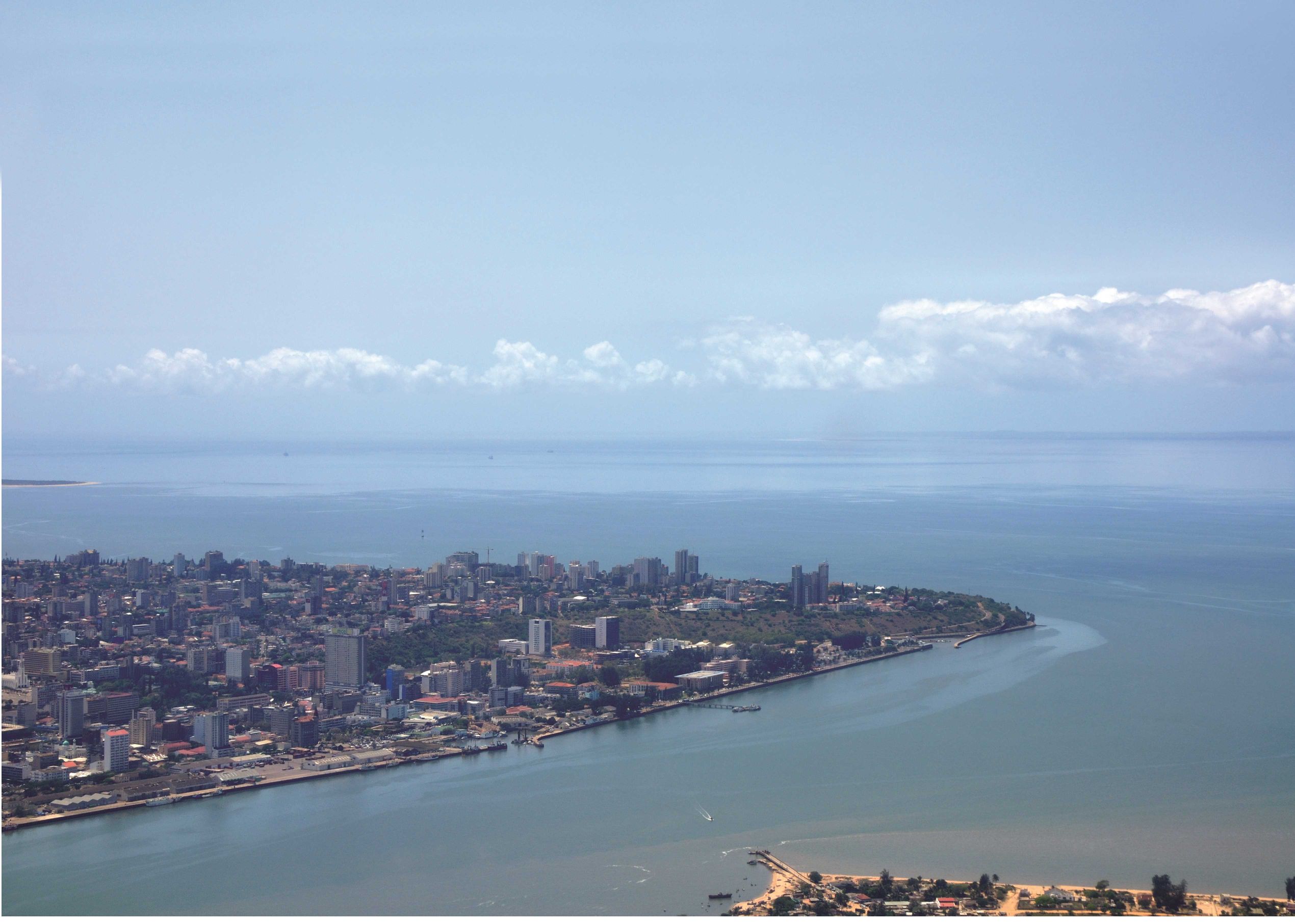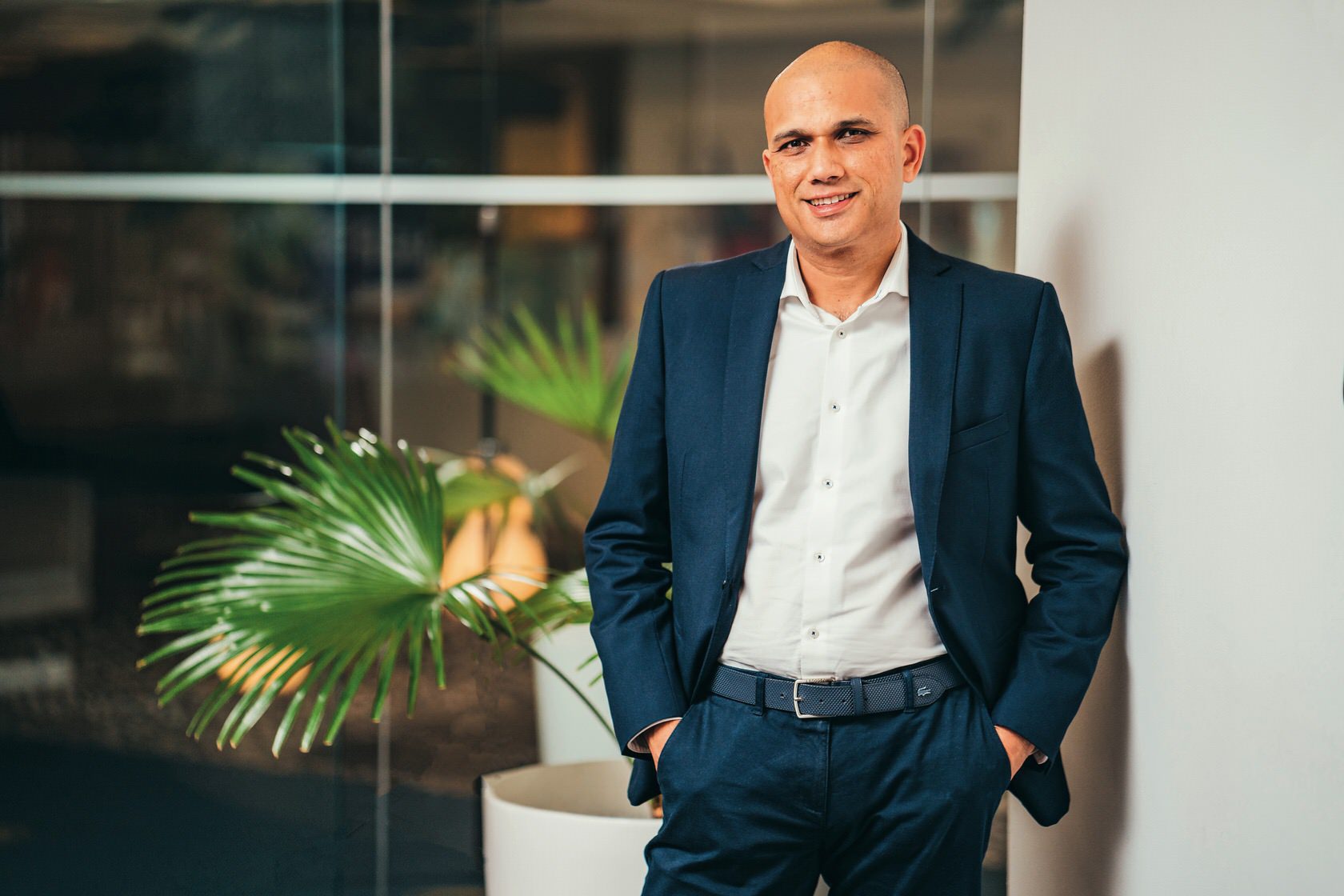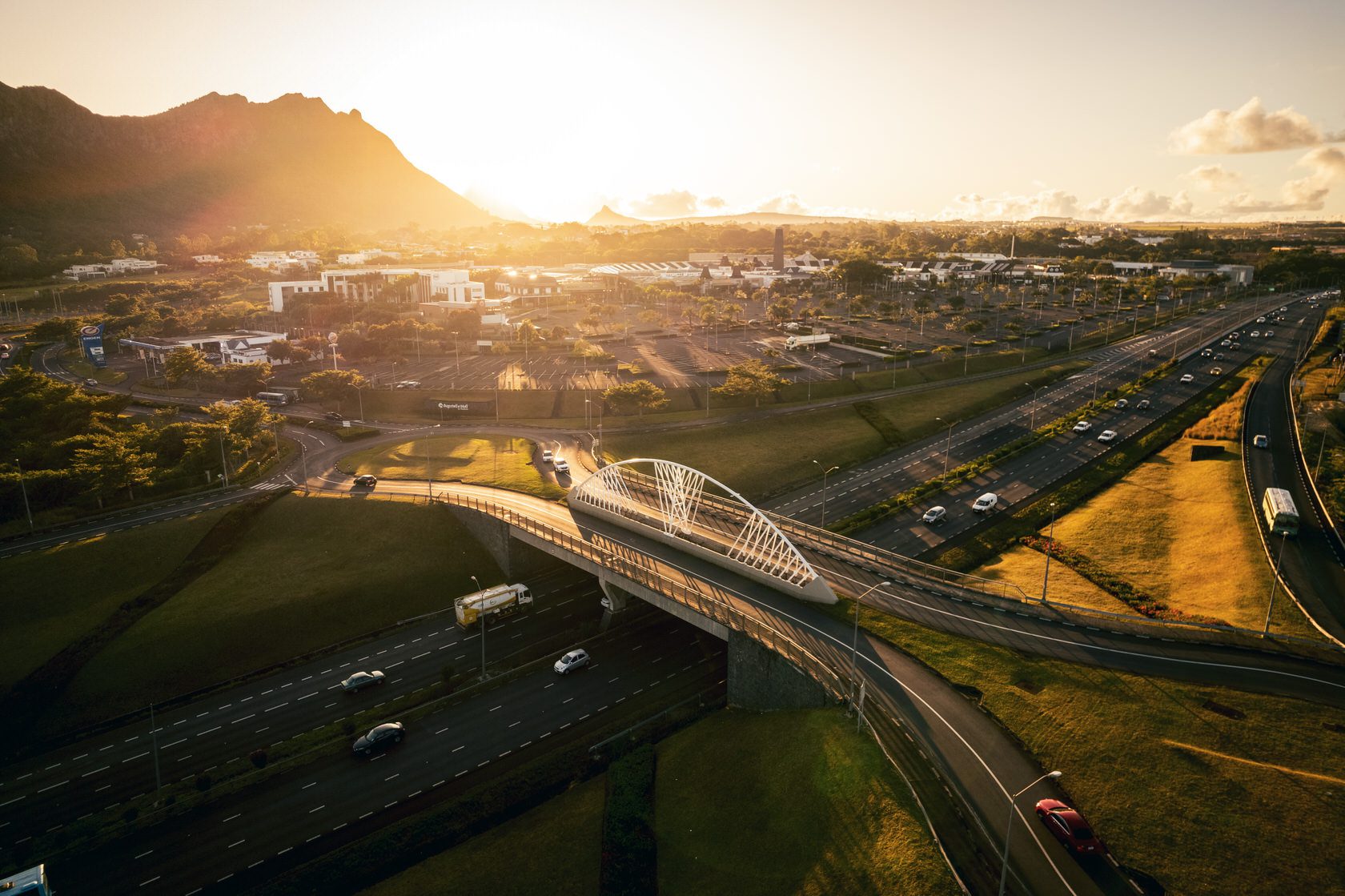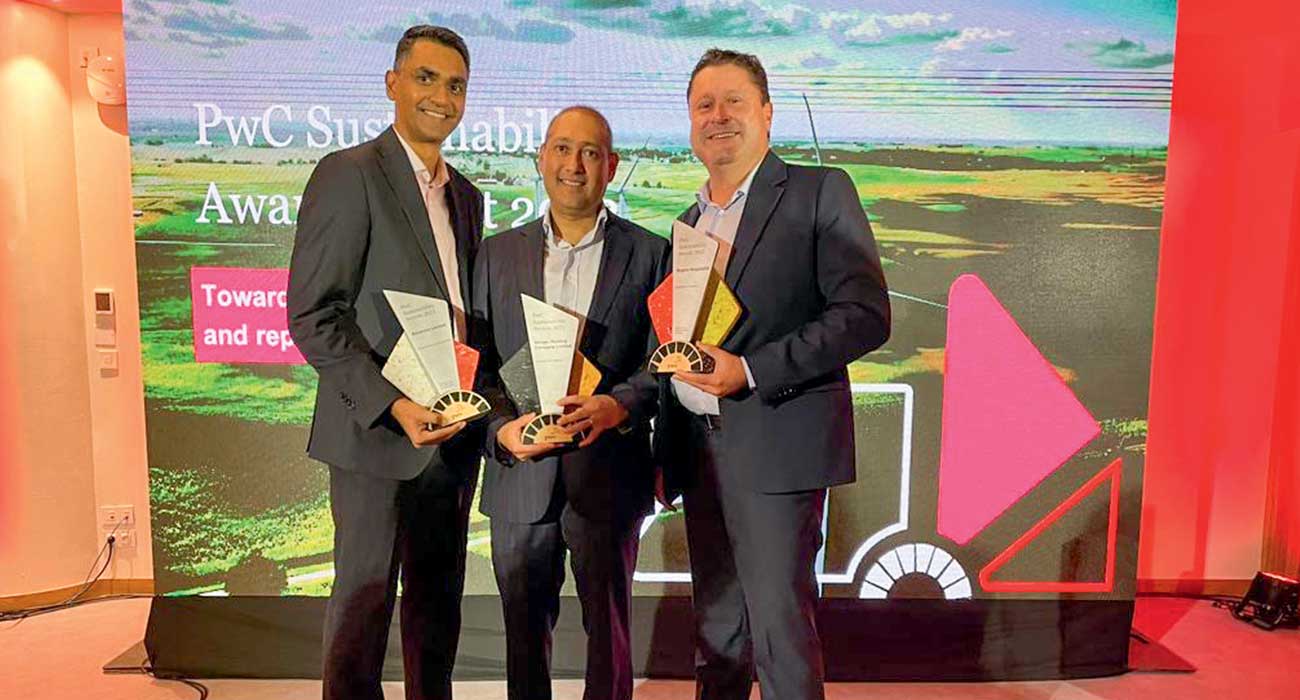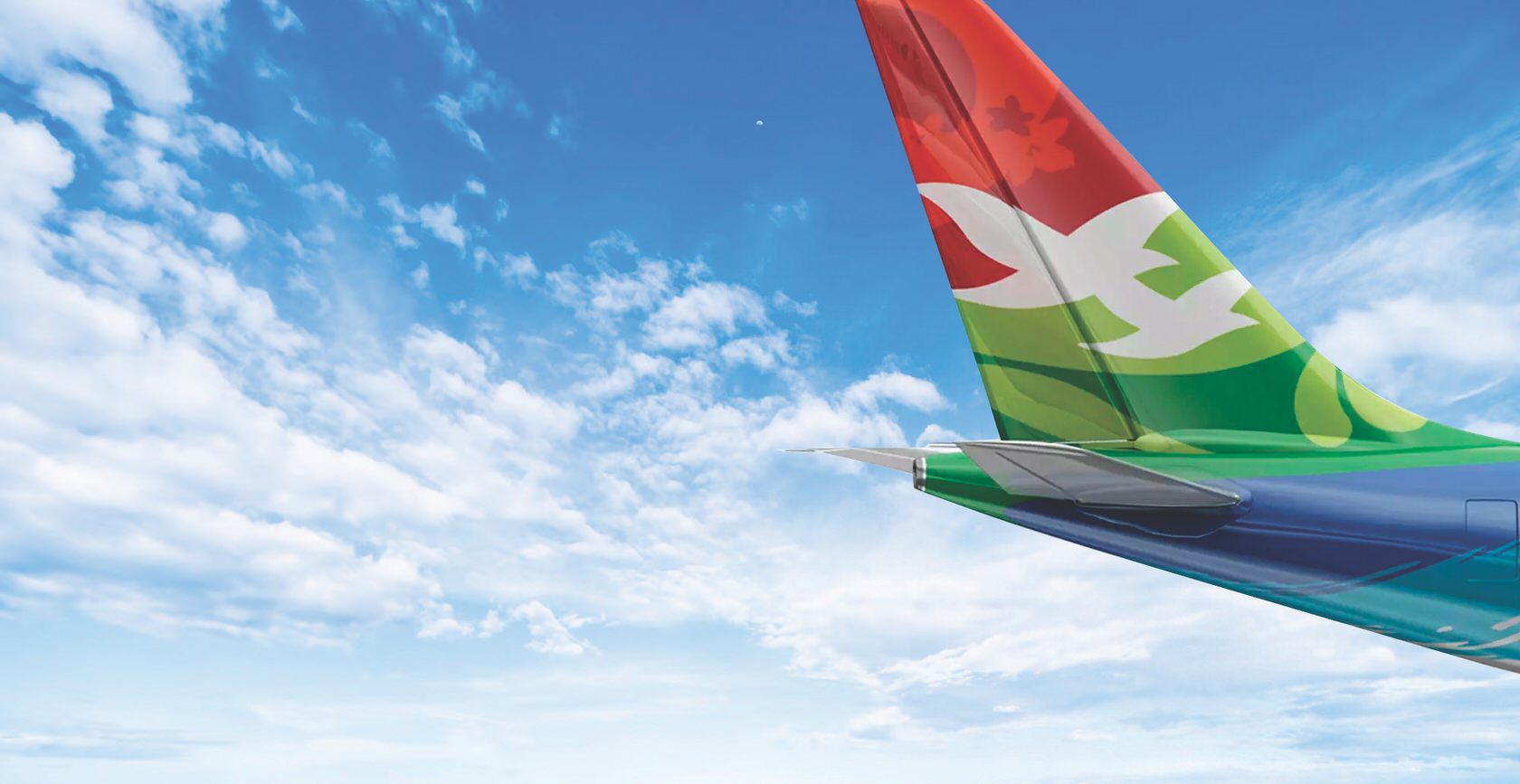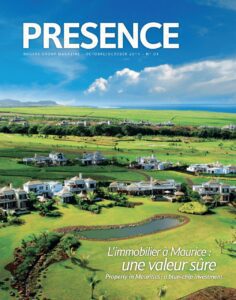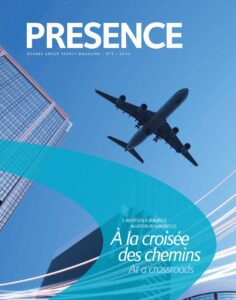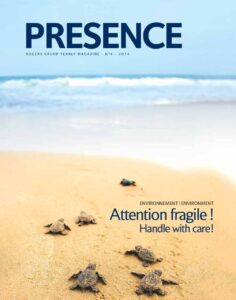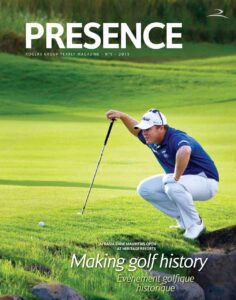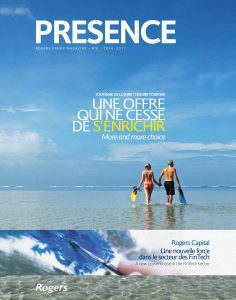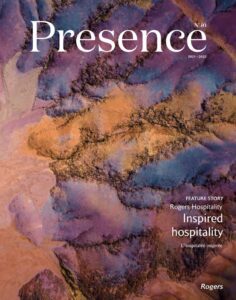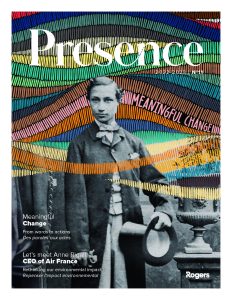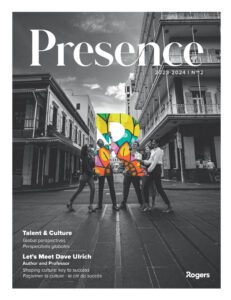Rogers is proud of the fact that it has now been operating for 15 years in the travel and aviation industry in Mozambique, through its BlueSky travel agency. The company has recently expanded with the opening of a second agency in Nampula after the one in the capital, Maputo. This new development is a sign of the company’s belief in the country’s economic potential. With an average annual growth rate of between 7% and 7.5% over the last decade, Mozambique has emerged as one of Africa’s biggest success stories. The former Maputo Port Development Company CEO, Jorge Ferraz, provides an informed overview of the achievements and outlook for his country’s economy.
photos : rogers image bank | jorge ferraz | hansueli krapf - creative commons
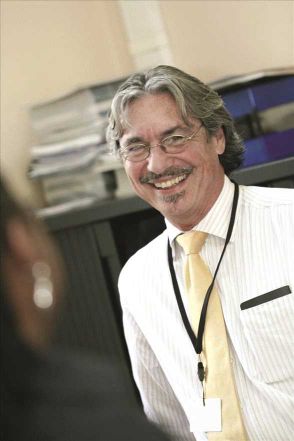
After independence in 1975, years of civil war left Mozambique among the world’s poorest countries. However, the country with a surface area of nearly 800,000 km² and a population of just over 20 million has experienced a remarkable and almost surreal turnaround from rags to riches in recent years; it is often cited by national and international institutions as one of the world’s most rapidly expanding economies with GDP of about US$24 billion and growth forecasts of around 7.5% to 8% for the next 5 years.
Jorge Ferraz, who is a seasoned specialist in the ports and shipping industry and was until recently CEO of the Maputo Port Development Company (Port Maputo), ascribes this turnaround to better organised agricultural, transport and communication sectors posting growth of around 8% year-on-year for 2011, with mining and financial sectors expanding by about 20% in the same period. The African Development Bank predicts that, by 2020, Mozambique will become the continent’s second largest coal producer after South Africa.
“I personally believe,” says Mr Ferraz, “and there are indicators to back it up, that growth forecasts for the next 5 years are conservative, as we are yet to assess the real impact that the projected expansion of the coal sector will have once production gradually reaches target levels. This will have a direct impact on the growth of the transport and port sectors, which must of necessity increase capacity levels to handle the volumes produced by the coal sector. This belief is further strengthened by recent discoveries of substantial natural gas reserves in the Rovuma Basin, with potential to attract investment of some US$20 billion for the production and export of natural gas.”
In addition, the country’s wealth of natural resources such as deposits of iron ore, gold, bauxite, graphite, marble and limestone are arousing international attention. An upturn in foreign direct investment (FDI) particularly in the mining sector, and strong agricultural growth and investments in infrastructure are also expected in 2012 and 2013.
Mr Ferraz, who is now Managing Director and Partner of the recently formed logistics company, OCL, Lda, is firmly convinced that, “This will increase economic growth to around 12% for the 2015-2025 period, levels that we desperately need to achieve in order to have a real shot at reducing poverty. All this being said, we Mozambicans need to manage popular expectations and at the same time ensure that revenue generated by the exploration of our natural resources is managed with the objective of creating reserves. These can be used to enable future development and poverty reduction by generating inclusive growth within the communities – with a focus on health, education, and, most importantly, motivating agricultural growth through cooperatives that will encourage rural communities to start producing and thereby create relative wealth. To summarise it in a few words, reduction of poverty can only be achieved by motivating inclusive development.”
He uses Mauritius as an example to illustrate his point. “Mauritius started by relying on the sugar sector for its development and adapted to global demand by developing infrastructure to cope with the advent of tourism and real estate. The country is now entering a new phase by developing its services sector and by positioning itself as a potential global business hub. The Mauritian experience also included some political in-fighting but its resilience and capacity to adapt to changes ensured inclusive growth and sustainable development, which are fundamental to stability.”
Among Mauritian business operators, Rogers has been a forerunner in recognising the opportunities offered by the Land of Smiles with long-standing involvement in the country’s travel & aviation and logistics sectors. A number of other companies, especially in the sugar sector, have brought their expertise to Mozambique, which has a double-taxation exemption agreement with Mauritius.
“There is, indeed, room for collaboration in other fields like tourism. We still have a largely undeveloped tourism industry relative to the size and potential of the country with its 2,400 km of pristine coastline. Mozambique lacks the service levels achieved by the more mature Mauritian tourism sector, due to a lack of sufficient qualified staff and key infrastructure such as airports, hotels, and access to health, sanitation facilities and energy resources, which are essential to attract the more seasoned and wealthy international tourist,” points out Mr Ferraz.
Mozambique has embarked in the marketing of tourism in some environmentally protected areas targeting “high income, low impact” development. “While this initiative has merit, mainly when we are trying to change mindsets regarding environmental and wildlife preservation, the revenue generated is insufficient to have an impact on the country’s GDP. Mozambique could embark on the development of coastal resorts and golf real estate, much like Mauritius, and for that, tap into the Mauritian experience. But for that we need to review our legislation regarding non-resident foreign ownership of property.”
As regards maintaining the momentum of the country’s development, Mr Ferraz contends that much of its future growth will continue to come from the emerging coal and natural gas industries. “Our country has some of the world’s richest coal reserves situated in Tete Province in the centre and, more towards the north, the recently substantial natural gas discoveries by Anadarko and ENI, which will, in the medium to long term, have a significant impact on GDP.”
He also highlights the need to direct efforts towards maintaining and guaranteeing political stability. “We need to prioritise and strategically manage revenue that will assist the development of sectors that traditionally do not attract FDI but are essential for the well-being of the population. This brings me to another area where clear focus and well thought-out strategy will be crucial in order to maintain positive momentum in managing expectations as news of newfound riches reaches every corner of the country.”
To conclude, Mr Ferraz expresses his confidence that Mozambique will no doubt be a source of inspiration for Africa. “It is still early days in this new era of unearthing our potential natural resources. Although we have achieved international recognition on reaching certain political and economic milestones in the past 20 years, demonstrating our resilience and commitment to change, we still have a long road ahead with significant challenges and hurdles, and how we manage those will determine how much we can be a source of inspiration in the unlocking of Africa’s potential.”
A seasoned ports and shipping specialist
Born and raised in Maputo, the capital of Mozambique, Jorge Ferraz has a career spanning more than 30 years in the ports and shipping industry and has been associated with Port Maputo for the last 13 years. From July 2009, he was invited to fill in as interim joint CEO of the Maputo Port Development Company, the company that currently holds the concession for Port Maputo, and was officially appointed CEO in March 2010. He left the company in January 2012 and is now the Managing Director and Partner of the recently formed OCL, Lda, an enterprise that focuses mainly on turnkey logistics solutions for transit cargoes using the Mozambican corridors.
Tailor-made travel services
The Rogers Aviation-owned brand, BlueSky started operation in Maputo, Mozambique, in 1998. In 2010, a second branch opened its doors in Nampula. Both IATA travel agencies offer tailor-made corporate business and leisure travel services. BlueSky has six other agencies in the region, including two in Mauritius and Reunion Islands and one in Madagascar and Mayotte.

